7 PHYSICAL SYMPTOMS THAT PROVE YOU’RE DEPRESSED

Physical symptoms demonstrate that depression is, in fact, very real and can be detrimental to our overall well-being. Here are seven of the most common physical symptoms of depression:
1 Digestive problems or irregular bowel schedules
Digestive problems, like constipation and diarrhea can be embarrassing and uncomfortable. Often caused by food poisoning or gastrointestinal viruses, it’s easy to assume that gut discomfort stems from a physical illness. But emotions like sadness, anxiety, and overwhelm can disrupt our digestive tracks. One 2011 study suggests a link between anxiety, depression, and gastrointestinal pain.
2 Stomach pain or uneasiness in the abdomen
That sinking feeling in your stomach is one of the most recognizable signs of depression. However, when your abdomen starts to cramp, it’s easy to write it off as gas or menstrual pain. Pain that worsens, especially when stress arises, may be a sign of depression. In fact, Harvard Medical School researchers suggest that stomach discomfort like cramps, bloating, and nausea may be a sign of poor mental health.
3 Eye problems or decreasing vision
Do you find that the world looks blurry? While depression may cause the world to look grey and bleak, one 2010 research study in Germany suggests that this mental health concern may actually affect one’s eyesight.
For online coaching click here
4 Headaches
Unlike excruciating migraine headaches, depression-related headaches don’t necessarily impair one’s functioning. Described by the National Headache Foundation as “tension headaches,” this type of head pain may feel like a mild throbbing sensation, especially around the eyebrows. While these headaches are helped by over-the-counter pain medication, they typically re-occur regularly. Sometimes chronic tension headaches can be a symptom of major depressive disorder.
5 Back pain or aching muscles all over
You might feel okay in the morning, but once you’re at work or sitting at a school desk, your back starts to hurt. It could be stress, or it could be depression. Although they’re often associated with bad posture or injuries, backaches can also be a symptom of psychological distress.
6 Decreased pain tolerance (aka everything hurts more)
Does it ever feel like your nerves are on fire and yet you can’t find any physical reason for your pain? As it turns out, depression and pain often co-exist. One 2015 study showed a correlation between people who are depressed and decreased pain tolerance, while another study in 2010 showed that pain has a greater impact on people who are depressed.
7 Fatigue or consistent lower energy levels
While we often believe exhaustion stems from stress, depression can also cause fatigue. However, unlike everyday fatigue, depression-related fatigue can also cause concentration problems, feelings of irritability, and apathy. While everyday fatigue is a sign of this mental illness, other symptoms like sadness, feeling hopeless, and anhedonia (lack of pleasure in day-to-day activities) may also be present when you are depressed.
How do you overcome stress?
For the full article click here

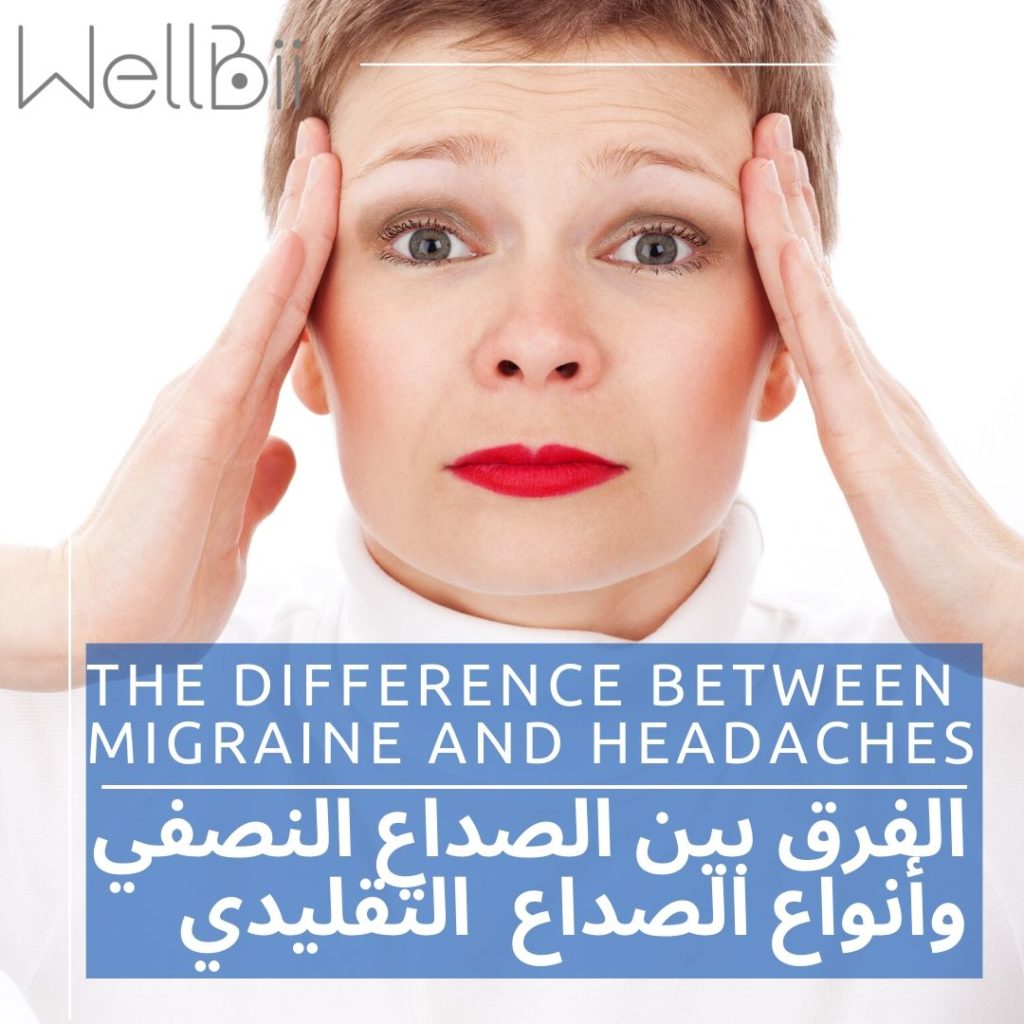
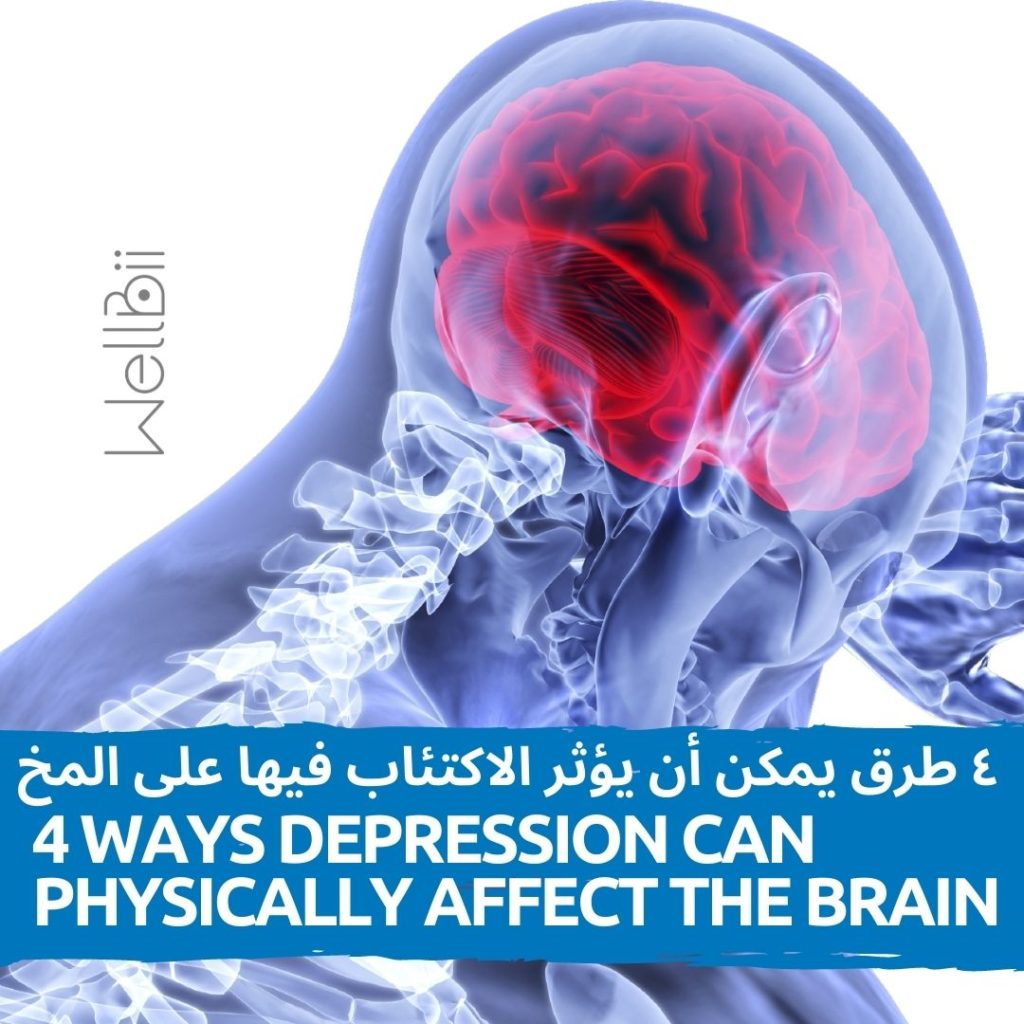
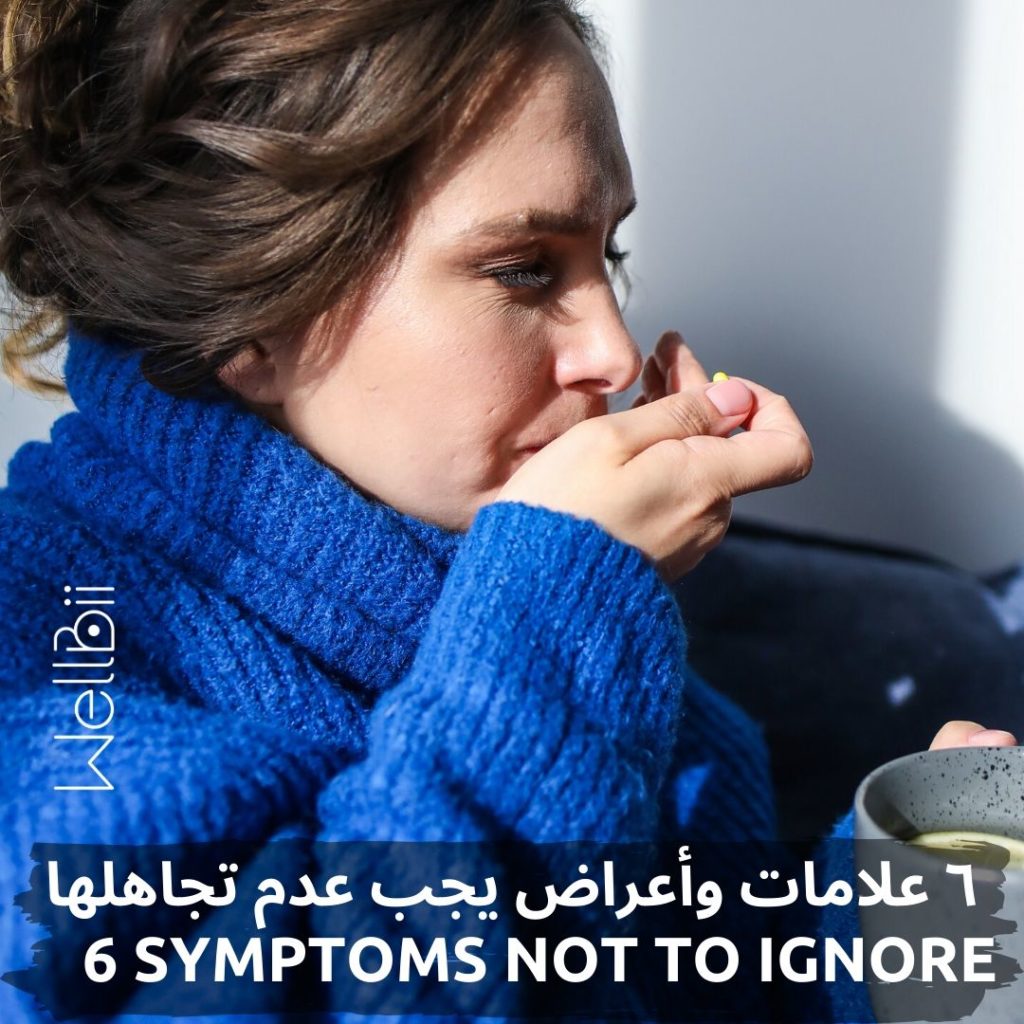
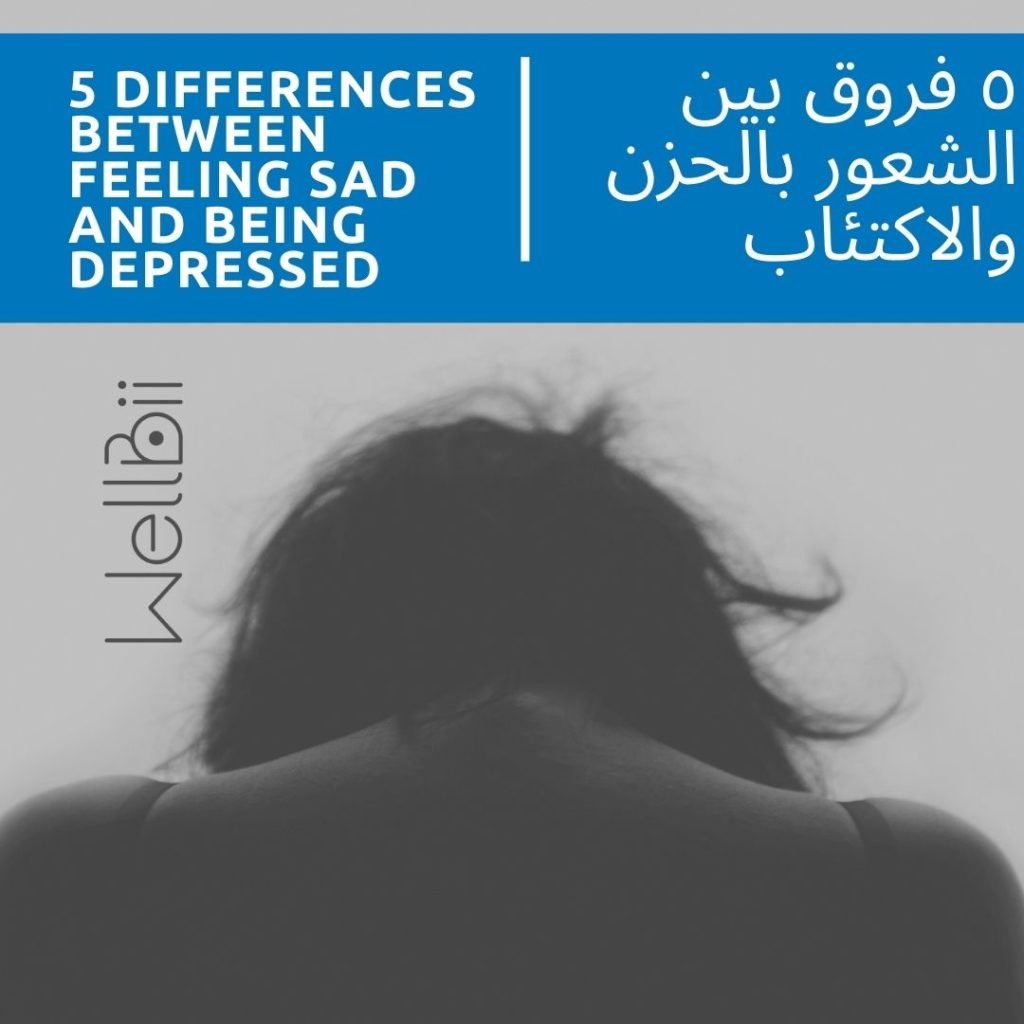
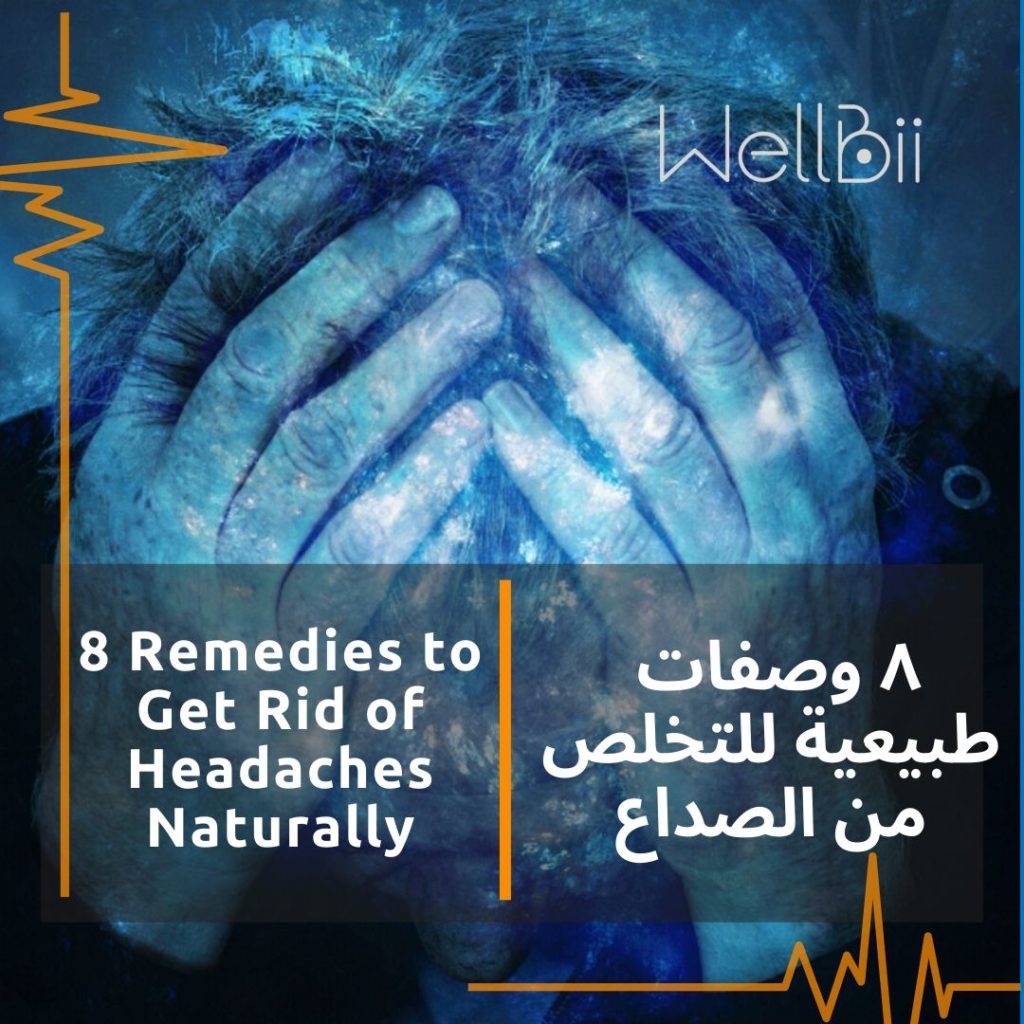
Responses